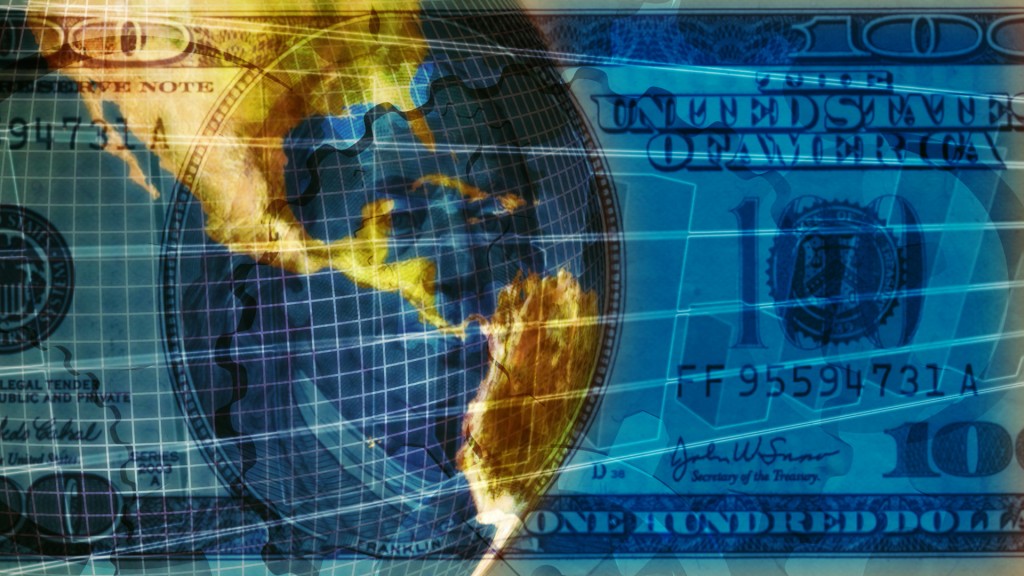The current mood among Americans can be attributed primarily to the dire state of the economy, which continues to deteriorate at an alarming rate. This prevailing dissatisfaction may serve as an advantage for the Trump campaign, as many Americans appear eager for change amidst widespread economic unrest. Unfortunately, the momentum driving the economy downward presents significant challenges for any prospective leadership seeking to implement meaningful reform. Indicators suggest that the situation is likely to worsen, with ongoing issues in various sectors amplifying the sense of economic despair among the populace.
Home sales have taken a significant hit, reaching the lowest levels seen since October 2010, a time still shadowed by the repercussions of the global financial crisis. Data from the National Association of Realtors highlights a troubling trend: sales of previously owned homes are on track for the worst year since 1995, following a similar downturn the year prior. High home prices, compounded by elevated mortgage rates, have tossed many potential buyers into a state of uncertainty, forcing them to hold back from entering the housing market. Recent statistics show that existing-home sales declined by 1% from the previous month, just shy of the dismal figures from over a decade ago. Furthermore, a stark drop in mortgage applications—a 17% decrease in one week—indicates that the market may only decline further, exhibiting signs of an entrenched and severe depression in the real estate sector.
Compounding these issues is a deepening crisis in commercial real estate, exemplified by shocking sales figures from a Manhattan office building that last sold for $332 million but was recently auctioned for a mere $8.5 million. This 97% decrease in value starkly illustrates the widespread collapse in commercial properties across the nation, yet the media has largely overlooked this crisis. Additionally, the banking sector faces significant instability, as evidenced by the recent closure of the First National Bank of Lindsay due to fraudulent practices. This closure raises alarms among experts, many of whom predict that a wave of bank failures could soon follow, creating a potentially catastrophic situation in the financial landscape.
The ongoing “restaurant apocalypse” further illustrates the economic downturn, with notable brands such as Denny’s announcing the closure of 150 locations, marking a significant downsizing. Other restaurant chains follow suit, as countless establishments across the country are shuttering their doors permanently. The unfavorable economic climate raises questions about consumers’ spending powers, which leads to a greater number of restaurant closures. Meanwhile, retail businesses aren’t faring any better either, with retailers like Buybuy Baby opting to completely transition to an online model while closing their physical stores entirely. This shift highlights the ongoing struggles businesses face as the economy contracts and consumer spending dwindles.
The overall economic picture reveals alarming statistics regarding U.S. consumers, with a significant portion of cardholders teetering on the brink of financial disaster. Reports indicate that 37% of cardholders have maxed out or come close to maxing out at least one credit card amid rising interest rates imposed by the Federal Reserve. Such financial pressures indicate a broad trend of economic collapse, underscoring a reality where consumers are increasingly struggling to sustain their financial responsibilities. The indicators of economic distress are swelling, and many experts anticipate a very challenging 2025 as further negative consequences cascade through various sectors.
In conclusion, a combination of declining home sales, a commercial real estate crisis, widespread restaurant and retail closures, and faltering consumer spending are all contributing to a grim economic outlook. The actions of government officials in attempting to address these issues have thus far fallen short, leading many to brace for a potential hard landing in the economy. Michael Snyder’s insights into these troubling developments provide a warning about the state of the nation—one that may require significant effort and reform to reverse the downward trajectory. As America faces these critical economic hurdles, individuals must equip themselves to navigate the uncertain future ahead, with hope and resilience in a context of growing hardship.

